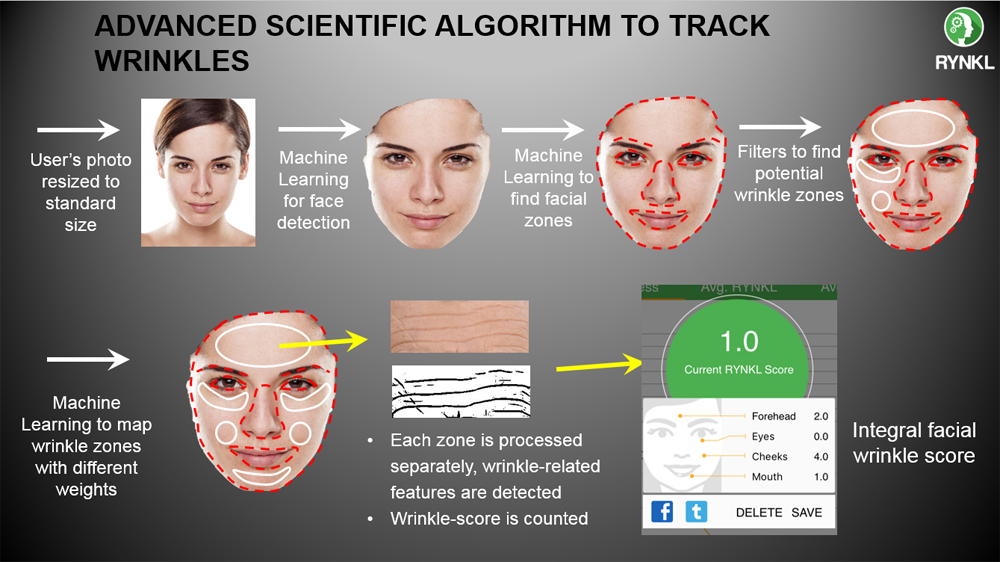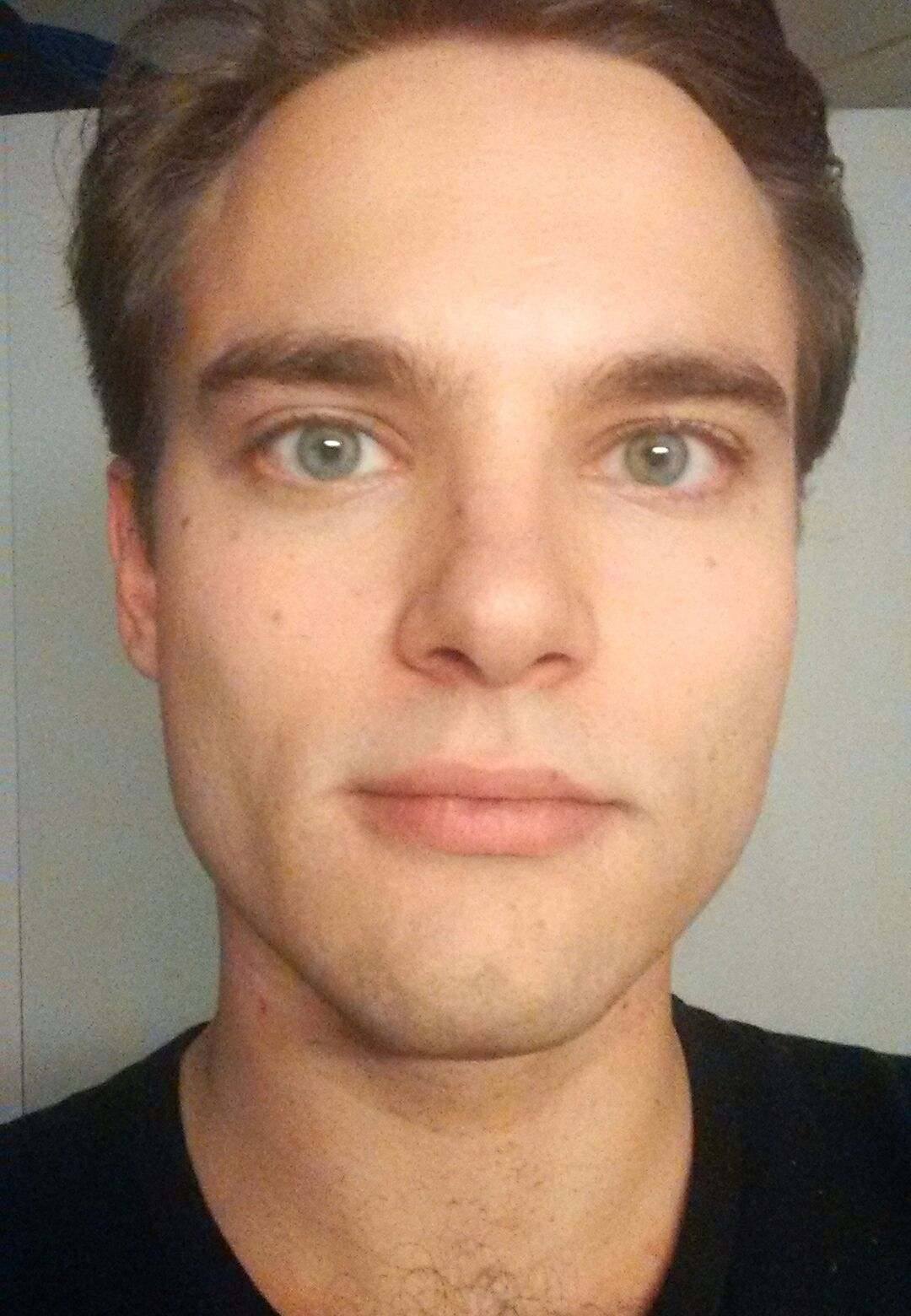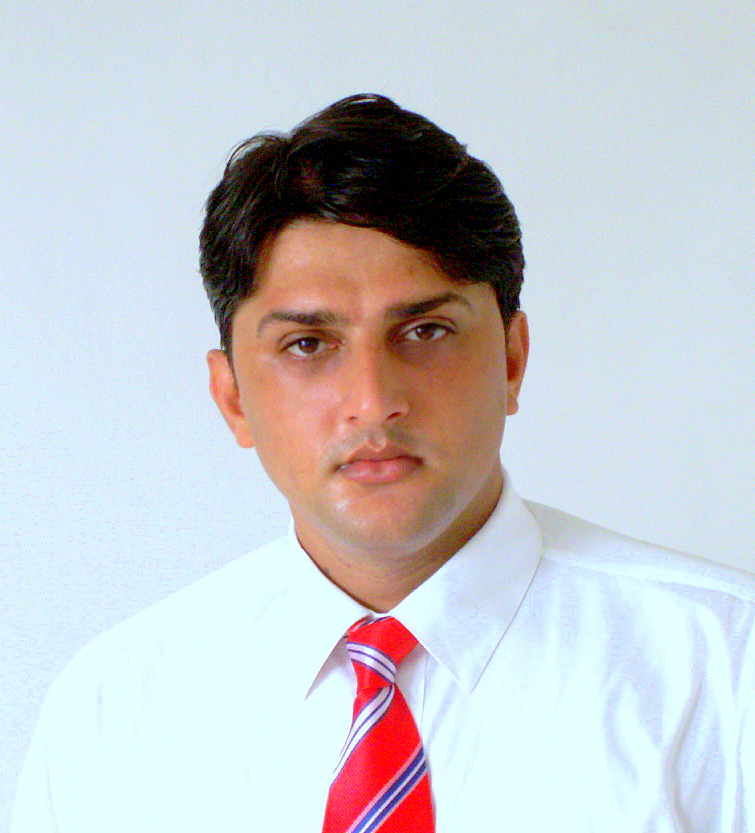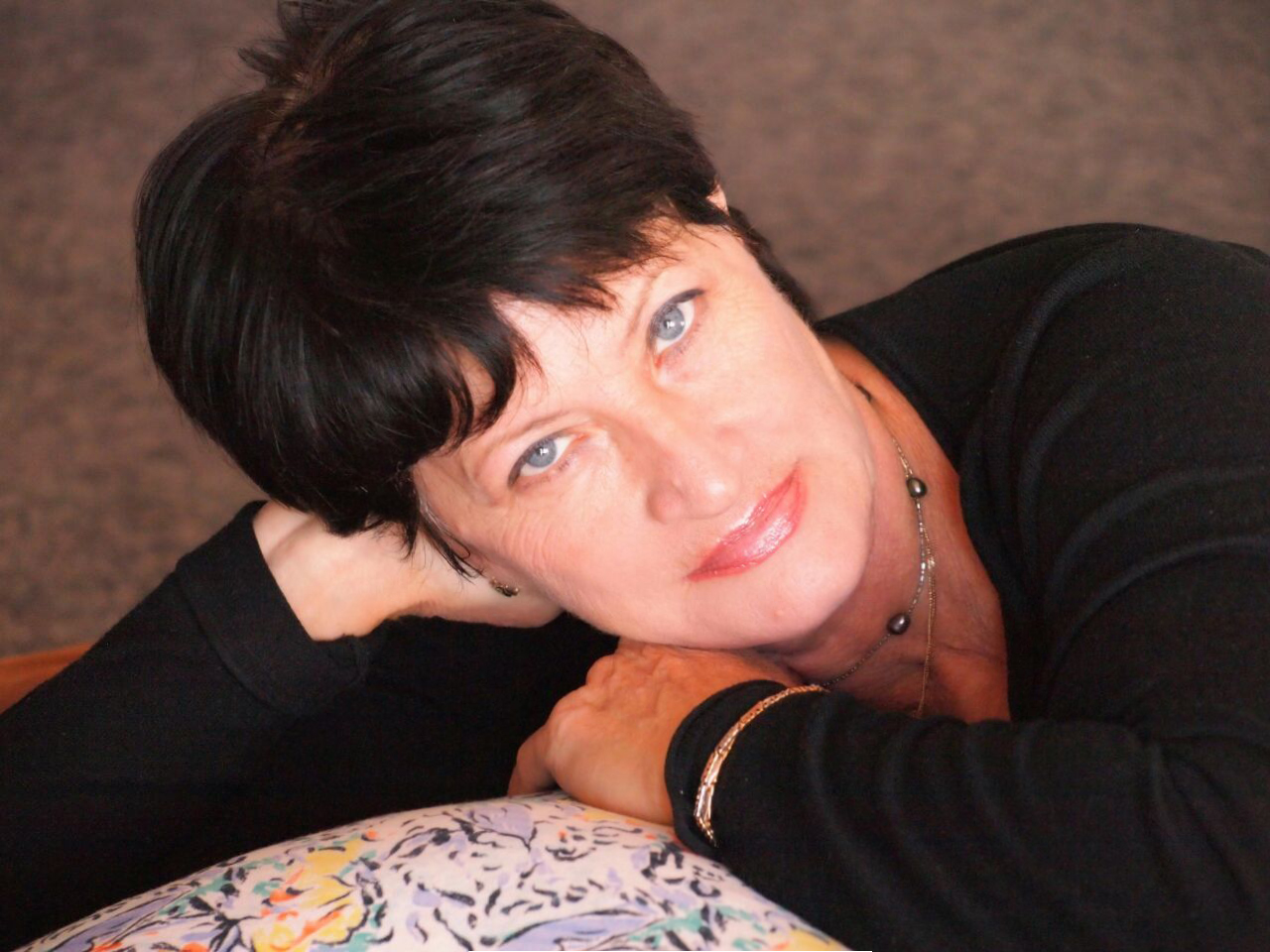Robots hold first beauty contest for humans

Moscow-based Youth Laboratories held a robot-judged beauty contest for humans.
Press photoYouth Laboratories' main goal is to solve the problem of human aging, said Alexei Shevtsov, the company's founder. The robot-judged beauty contest is just one step towards this goal.
"Our company specializes in machine-learning technologies that can analyze digital images of skin in order to identify biomarkers of aging, and make a general analysis of a person's health," Shevtsov explained.
In less than a year the young group of specialists in biology and deep learning algorithms have used unorthodox events to grab the attention of the public and investors. In November 2015, Youth Laboratories organized ``Beauty.AI,'' the first-ever beauty contest with artificial intelligence as the jury.
Beauty without borders
Beauty.AI, or Beauty Artificial Intelligence, turned out to be a PR coup and was featured in major media such as TechCrunch, GQ, and Cosmopolitan. The media attention helped convince more than 5,000 people worldwide to participate in the beauty contest. Commercial giants, such as NVIDIA and Faberlic, also got involved.
Participants uploaded selfies and basic biographical information – age, sex, height, and etc. – to the Beauty.AI mobile app for iOS and Android.
"Participants' faces were compared with more than 1 million photographs," said Anastasia Georgiyevskaya, a bioinformatics specialist at Youth Laboratories.
Algorithms rule
The quest for the most beautiful faces was made by three robots. The RYNKL algorithm estimated the number of participants' wrinkles in their age group; MADIS (Model Alliance Digital Intelligence Scout) compared the similarities of each person's features with famous actors and models; and the symmetry evaluation algorithm determined face structure (most human faces are asymmetrical).
"The algorithm's goal is not to search for the perfect double according to skin or face type; there are already quite a few such apps," said
Finally, the algorithms chose 10 victorious men and women in five age categories. They received prizes, and earned the right to call themselves the first beautiful people in history determined by artificial intelligence.
Wrinkle app
"We wanted to create an app to evaluate a person's health by analyzing a photo," said scientist Alexander Zhavoronkov, a consultant on the project. "We started with wrinkles because we already had close contacts with major cosmetic companies and we knew this product was in demand."
 Source: Press photo
Source: Press photo
Then it was decided to create a photo data base by means of a beauty contest. In spring Youth Laboratories launched its second beauty contest, and applications are still being accepted. The robots will announce the new winners in early August.
Face control
Youth Laboratories now cooperates with leading private clinics and large cosmetic companies, as well as with research institutes in Europe, the U.S., Africa and Asia.
The company's next challenge is to teach a computer to determine the condition of a person's health based on their face. "For example, dark circles under the eyes may indicate possible kidney problems;
The startup is already negotiating with private clinics in Moscow to market this technology. "There is interest, and perhaps we will do a joint app for disease recognition," Shevtsov
Read more: More than $1 million invested in Russian tech startups in just 2 days>>>
Subscribe to get the hand picked best stories every week
All rights reserved by Rossiyskaya Gazeta.
Subscribe
to our newsletter!
Get the week's best stories straight to your inbox


